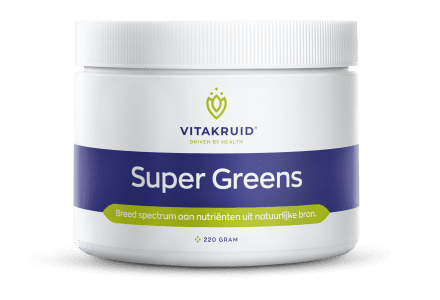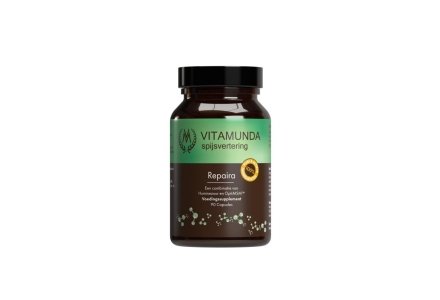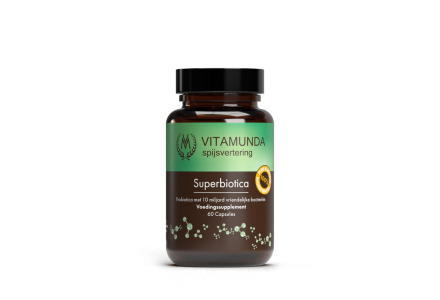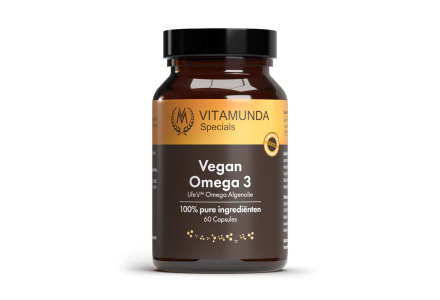
In the search for the ideal nutrition for our bodies, we are increasingly encountering diets and nutritional recommendations that not only pay attention to calories or macronutrients and micronutrients, but also look at our body's unique characteristics, such as our blood type, for example. The idea behind the blood type diet is that our blood type - A, B, AB or O - tells us which foods best nourish us and promote our health. This approach, made popular by Dr. Peter D'Adamo, suggests that your digestion, energy levels and overall well-being can be positively affected by food choices tailored to your blood type. In this blog, we dive into the concept of nutrition based on blood type: what it means, where it comes from, and whether it works. Here's how you'll discover if your blood type can be the key to healthier eating choices.
What are Blood Groups?
Blood groups are categories that describe the type of blood in our bodies, based on the presence of certain antigens on the surface of red blood cells. The most commonly used classification is the ABO system, which distinguishes four blood groups: A, B, AB and O.
In addition, the Rhesus factor (positive or negative) plays a role, which can further subdivide the blood groups.
These blood groups not only determine which blood transfusions are compatible, but are also associated with certain health characteristics and reactions to foods, according to some theories. By knowing which blood type you have, according to the blood group diet, you could tailor your diet to what your body processes optimally.
At the heart of D'Adamo's discovery lies the idea that different blood types are also associated with variations in susceptibility to certain diseases. He argues that blood type has a biological profile that determines the strength of the immune system and affects the functioning of the digestive tract.
The idea behind dietary advice based on blood type is simple: each blood type has unique characteristics that determine which foods suit you best. Matching your diet to your blood type would improve your digestion, increase your energy and strengthen your immunity.
Advices within the blood group diet
Blood type O
According to the blood group diet, people with blood group O are the so-called “primal hunters” and thrive best on a high-protein diet with plenty of meat, fish and poultry, supplemented with vegetables and fruit. Grains and dairy products are said to be less well tolerated by this group, meaning that foods such as bread and pasta are allowed on a very limited basis to maintain optimal digestion.
Blood type A
People with blood type A are considered “the agriculturists” and would respond best to a plant-based diet. A vegetarian diet rich in vegetables, fruits, grains and legumes would be ideal for blood type A, as they would be more sensitive to meat and dairy products. Limiting these foods would improve the metabolism and overall health of this group.
Blood type B
Blood type B is known as “the nomads” and has greater flexibility, according to the diet. This group of people has a strong digestive system and can tolerate both animal and plant products well. They may benefit from a varied diet that includes meat, dairy, vegetables and fruits. However, certain foods such as chicken, corn, peanuts and wheat would be better avoided to prevent health problems.
Blood type AB
As “the mixed” blood type, AB combines characteristics of both blood types A and B. People with this blood type have sensitive digestion and would benefit from a mixed diet of moderate amounts of meat (preferably fish and lamb) and plenty of vegetables, fruits and dairy products. For blood type AB, it is advised to limit red meat and beans and eat light meals for better digestion.
The effects
For many people, the blood group diet offers an interesting and personalized approach to nutrition that helps them eat more consciously and healthily. Many notice positive effects on their energy, digestion and overall well-being. This diet encourages avoiding certain foods and instead choosing what may suit your body better, leading to improved balance and weight loss for some people.
Although science is still divided on the role of blood groups in our nutritional needs, many adherents find that this approach supports them in making healthier choices. At least for some, the blood group diet can be a good motivation to take a more personal and thoughtful approach to nutrition and health.
Conclusion
The blood group diet is a great approach to make nutrition more person-centered and customized. It makes people aware that what is healthy for one person may be harmful for another. To use only this approach may be too simplified a representation of reality. What nutrition is beneficial or harmful for someone depends on more factors. Consider such things as constitution, temperament, complaints, disease history, medication use and emotional factors.
We therefore recommend that people who want to use the blood group diet consult an orthomolecular therapist who has studied the blood group diet. This way the diet can be tailored even more to the person. This enhances the positive effect of this dietary advice and prevents unwanted side effects.
In addition, depending on your diet and personal needs, it may be helpful to add certain nutritional supplements. Since the blood group diet sometimes restricts the use of specific foods, supplements can help make up any deficiencies and thus maintain balance in your nutritional intake. In consultation with an orthomolecular therapist, you can determine which supplements suit your situation and thereby support the benefits of the diet.
Meditech Europe has a wide range of nutritional supplements, including vitamins, minerals, amino acids, fatty acids, digestive enzymes and probiotics. In short, at Meditech Europe you will find everything you need to support your health. So order from Meditech Europe, your specialist in high-quality supplements and products for optimal health.









